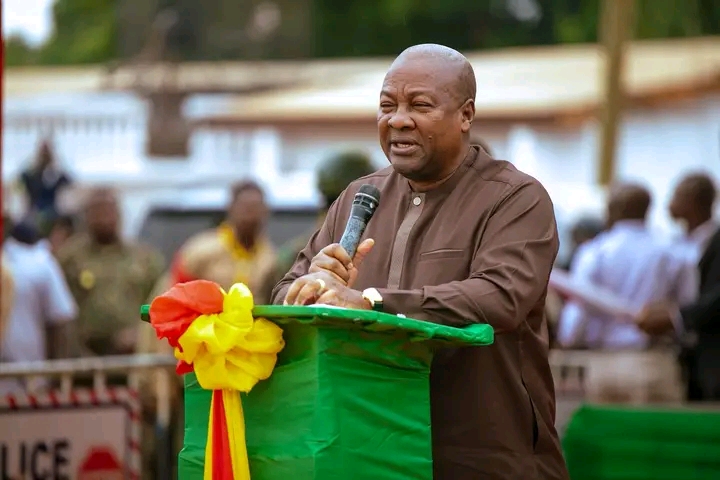A dramatic security operation at the residence of Bernard Antwi Boasiako, popularly known as Chairman Wontumi, has stirred nationwide debate over the use of force in law enforcement. The early morning swoop involving nearly 20 security vehicles has been described by critics as excessive, provocative, and a misuse of state resources.
Reacting to the operation, political analyst and social commentator, Adom-Appiah, questioned the necessity and proportionality of the response. “When you are going to arrest someone and arrive with about 20 vehicles, when the person is neither a coup plotter nor has any intention to overthrow the government, I don’t think it is appropriate,” he stated in a local media interview.
Adom-Appiah further condemned the show of force, saying it was “wasteful and an unnecessary burden on state resources.” He argued that a simple invitation would have sufficed and that there are lawful avenues to compel attendance if a person fails to honour an invitation.
In a bid to calm public concerns, Deputy Minister of the Interior, Ebenezer Okletey Terlabi, addressed the incident during a radio interview on Citi FM, monitored by dailypostGh.com, he affirmed that the operation was intelligence-driven and part of standard procedure.
“The security services are on top of their job, they know what they are about and there is nobody in this country who is above the law,” Terlabi stated. He emphasized that if Chairman Wontumi was under investigation, law enforcement had every right to invite or apprehend him.
Addressing criticism over the presence of armed officers, the Deputy Minister defended the move, citing past inflammatory remarks made by Wontumi. “If you are to go and catch a wild dog, you don’t go there without arming yourself,” Terlabi said. “That is not to say they were going there to shoot him down, but the security services must be prepared.”
He urged the public not to incite unrest or obstruct security personnel in the discharge of their duties. “They did not go there to go and kill him, they went there to invite him… so if at the end of the day, they decided otherwise that he should be brought on Monday, so be it.”
As the dust begins to settle, questions remain over the legality, necessity, and political implications of the operation. Meanwhile, observers say the incident underscores a growing tension between assertive law enforcement and the public’s expectation of transparency and proportionality.















